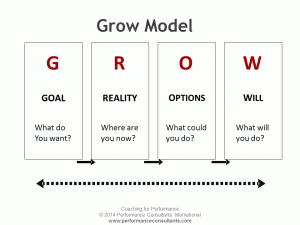6 tips to Balance your life and deal with Loneliness 3
Open up

You might feel that you have plenty of connections, but what is actually wrong is that you don’t feel close to them, or they don’t give you the care and attention you need.
This might simply be a case that you are not communicating your needs to them. You are expecting them to know what you need and this is usually a tricky thing. Only you can really know what you need so it is up to you to let your friends and family know so that they can help.
It may be that you are inadvertently covering up your feelings. You might be pretending that all is well when it isn’t. This is common mistake that people make in our society. Stiff upper lip is not the way to go. You need to tell people what’s wrong if you ever expect them to do anything to help you change it.
If you are not happy talking to a friend then speak to a doctor, a trusted co-worker or a professional such as a psychologist or life coach. The important thing is that you tell SOMEONE!
Tomorrow I will talk about how to get over the fear of meeting new people.
Want to talk call Alan 07504539043







